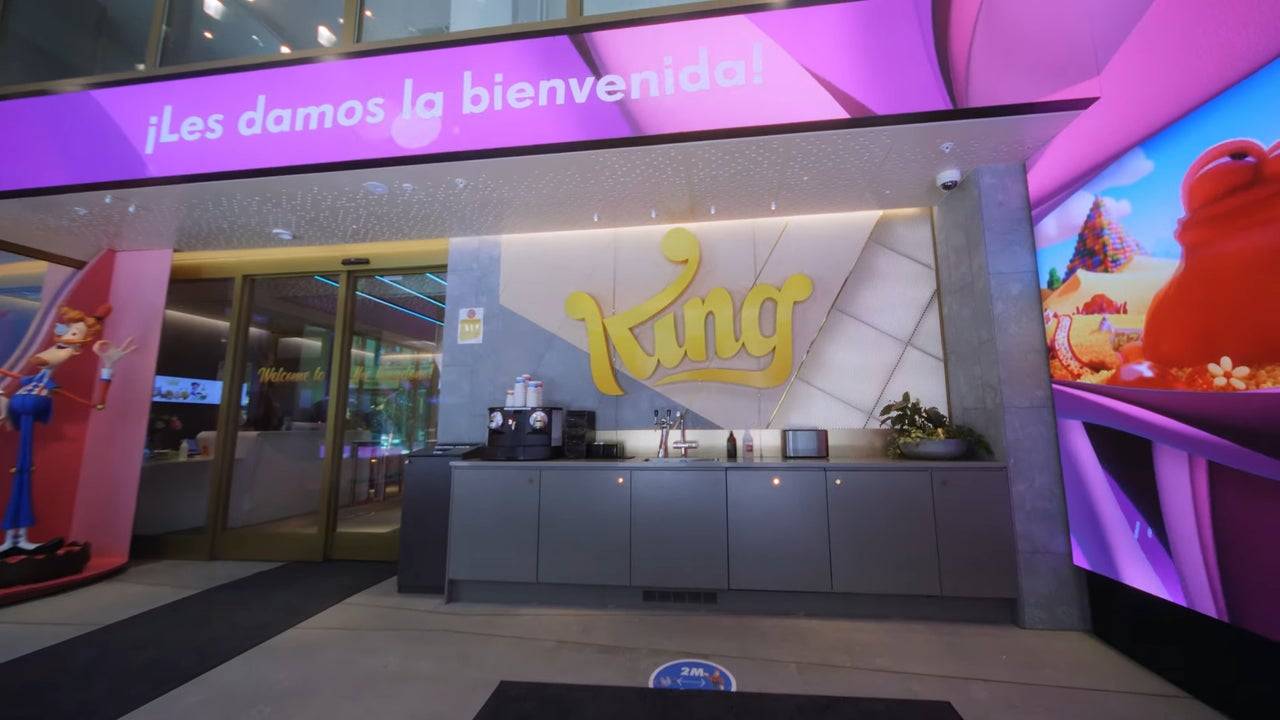In early 2024, a seemingly small change at Activision Blizzard's Stockholm office—the removal of a popular employee benefit—unexpectedly ignited a unionization effort. Microsoft, Activision Blizzard's new owner, eliminated a free, private doctor service for employees and their families, a benefit highly valued since its introduction during the COVID-19 pandemic. This abrupt change, with only a week's notice, prompted widespread discontent among staff who relied heavily on this personalized healthcare service.
IGN learned that this event catalyzed the formation of a union club at King's Stockholm location, with over one hundred employees joining Unionen, Sweden's largest trade union, last fall. This group aims to secure a Collective Bargaining Agreement (CBA) to protect employee rights, working conditions, and benefits.
Swedish unionization differs from the U.S. model. Swedish workers can join unions regardless of company organization, resulting in high union membership (approximately 70%). Unions negotiate sector-wide agreements, but forming a company-specific union club allows for a CBA securing additional workplace benefits and influencing company decisions. This mirrors a growing trend in the Swedish gaming industry, with companies like Paradox Interactive and Avalanche Studios already having established union clubs.
Kajsa Sima Falck, an engineering manager at King and a union board member, described the pre-2024 union presence as minimal, with only a handful of members. The elimination of the private doctor service, however, sparked a surge in interest, with the union Slack channel rapidly growing to 217 members. This led to the October 2024 formation of the King Stockholm union club. While Microsoft has publicly committed to a neutral stance towards unions, Activision Blizzard King did not respond to IGN's request for comment.
Although the lost doctor benefit is irretrievable, the union aims to secure a CBA protecting existing benefits and influencing future changes. Key issues include salary transparency, protection against reorganizations and layoffs, and maintaining the company culture valued by employees. Union organizer Timo Rybak highlighted the importance of employee input, emphasizing the unique perspective workers bring to company decisions. The union also serves as a resource for educating employees, particularly immigrant workers, about their rights.
For Falck and her colleagues, the union's formation is about preserving the positive aspects of their workplace. The initial spark may have been a rescinded benefit, but the ultimate goal is to safeguard the company culture and employee well-being for the future. 

 Latest Downloads
Latest Downloads
 Downlaod
Downlaod




 Top News
Top News









